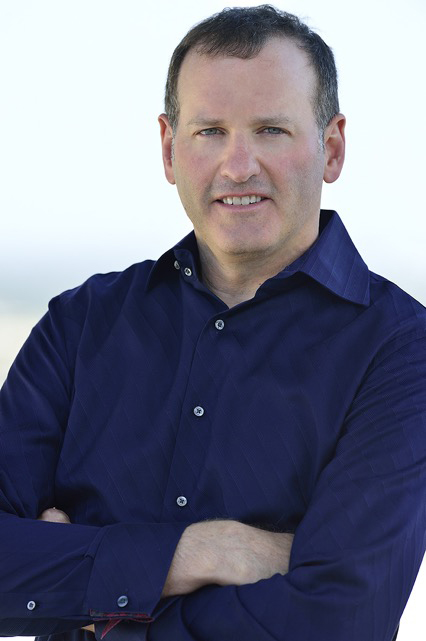Professor receives grant to research on improving astronauts’ health

Professor Raphael Rose will receive a grant to study stress management for astronauts. (Courtesy of Raphael D. Rose)
By Meghan Hodges
May 26, 2015 1:08 a.m.
Having grown up listening to his father’s stories of survival in the Holocaust, Raphael Rose developed an interest in behavioral psychology and the effects traumatic experiences can have on a person.
“I realized that (behavioral psychology) is something that could help a lot of people and my interest took off from there,” he said.
Rose, associate director of the UCLA Anxiety and Depression Research Center and an associate clinical professor in the psychology department, will receive a grant from NASA later this year to study technologies to develop person-to-person treatment for astronauts over the next few years.
The grant, which was announced Thursday, is part of a larger plan by NASA and the National Space Biomedical Research Institute to study the health risks associated with long-duration flights in space, such as psychological health, cardiovascular issues and bone loss, according to a NASA press release. The organizations are funding 24 proposals with a total of $12.9 million, according to the statement.
Rose’s project will aim to identify apps or software programs that would reduce stress or anxiety for astronauts while they are in space. Rose plans to compare the effectiveness of these tools with in-person therapy in a randomized control trial done at UCLA.
Asynchronous communication, or 20- to 25-minute delays in communication with those on Earth, often leads to problems with person-to-person treatment for anxiety or lack of sleep for astronauts on long-duration missions, Rose said. In space, astronauts lack the ability to receive in-person treatment.
He hopes to determine the best technologies that help astronauts overcome these issues.
“If we can train people in advance to build resilience and give them the tools to face some of these problems, not only will they develop fewer problems, but they will also optimize their well-being and performance on the mission,” Rose said.
Laura Bollweg, element manager for behavior health and performance at NASA, said she is proud of Rose’s project.
“For a long-duration space flight to missions such as Mars, astronauts will be very isolated and confined in an extreme environment with significant communication delay and lag time between the vehicle and Earth,” Bollweg said. “Research such as Dr. Rose’s is important to deal with the stressors in such a harsh environment.”
Tomislav Zbozinek, a graduate student in psychology who works with Rose on the program, said he is excited about the project because of its real-life applications.
“Studying psychology, I wouldn’t normally get the opportunity to work with a program like NASA,” Zbozinek said. “It’s an honor to contribute to this, even helping in my own small way.”
Rose and his team will first review software programs available for treatment of health issues in space, and run a trial for these technologies on a control group of medical residents analogous to astronauts, Zbozinek said.
Rose plans to use medical residents as his sample population for his clinical trial because astronauts’ lack of availability limits proper methodological research. He added that he thinks the medical residents are analogous to astronauts as both groups experience high-stress situations, making them a good sample group.
At the end of the three-year study, Rose plans to recommend behavioral health treatments or interventions that NASA could provide astronauts to help them deal with stress.
Rose has studied stress and anxiety with NASA for seven years.
“What interested me in working with NASA is that they are cutting-edge when it comes to developing technology,” Rose said. “These programs can be used throughout the country and population, not just for a small sample of astronauts.”
Rose will receive the grant on Oct. 1 and plans to begin researching technologies soon after.


